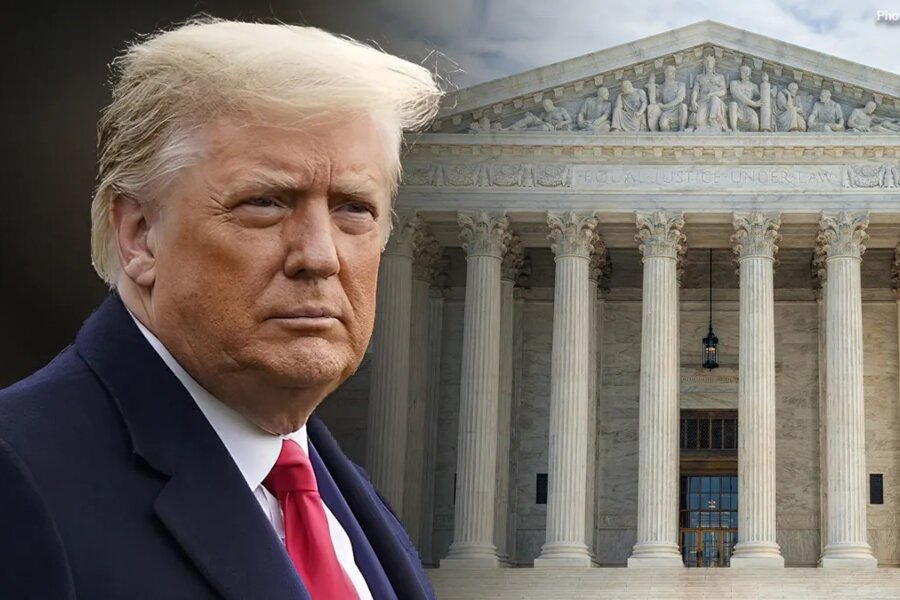The Trump administration filed an emergency petition with the Supreme Court on Sept. 19, asking it to reinstate Trump’s policy that bars individuals from using gender markers on their passports that do not match their sex.
The case stems from an executive order signed by the president on his first day in office that banned passport holders from using an “X” as their sex designation. Like many of Trump’s orders addressing transgender issues, it was challenged by a lawsuit.
In this case, the plaintiffs—represented by the American Civil Liberties Union (ACLU) and other activist groups—argued that forcing them to use a passport that did not align with their self-identified gender could subject them to psychological harm.
They might be physically harmed as well, they said, if they travelled to a country where transgenderism was frowned upon, and their appearance did not match their passport’s gender marker.
U.S. District Judge Julia Kobick of Massachusetts ruled against the government and blocked Trump’s order in April, but only for the plaintiffs in the case.
In June, she expanded the block nationwide. The Appeals Court for the 1st Circuit upheld that block on Sept. 4.
Solicitor General D. John Sauer wrote in the government’s petition to the Supreme Court that the block “has no basis in law or logic.”
“Private citizens cannot force the government to use inaccurate sex designations on identification documents that fail to reflect the person’s biological sex—especially not on identification documents that are government property and an exercise of the President’s constitutional and statutory power to communicate with foreign governments.”
Sauer said Kobick’s ruling that the executive order was a form of “sex discrimination” was incorrect, since it “applies equally, regardless of sex.” He also disputed that the order was based on “animus” toward transgender persons, saying it was “entirely rational” to use biology rather than self-identity to determine sex.
Share your thoughts by scrolling down to leave a comment.













